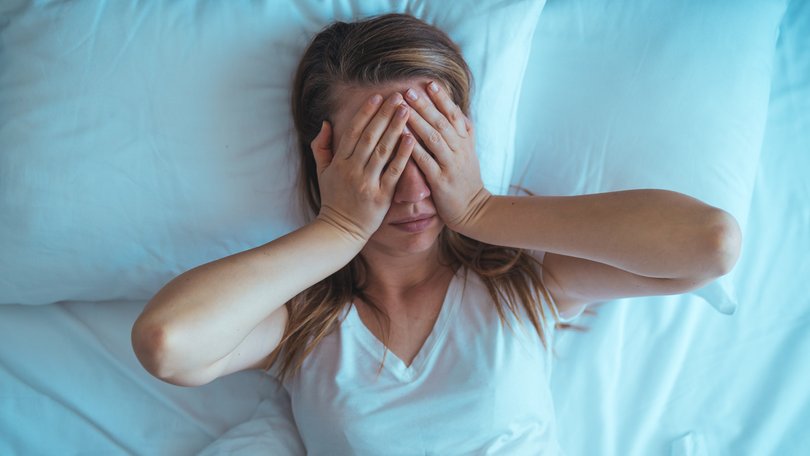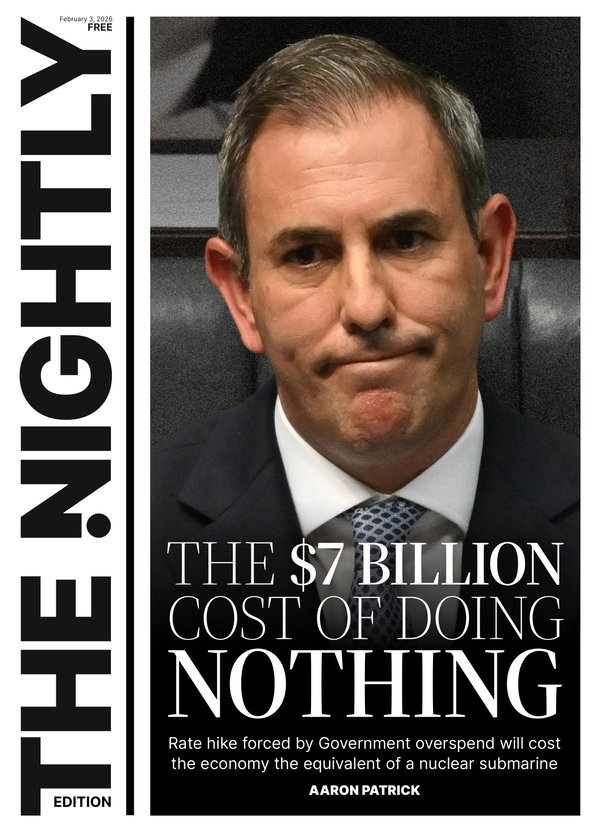Social apnea: The new sleep disorder trend that has experts concerned
The findings have prompted fears the true impact of sleep apnea, or sleep disordered breathing, may be underestimated, placing sufferers at greater risk of some health conditions.

Australian researchers have identified a new sleep disorder trend, dubbed “social apnea”, potentially sparked by weekend lifestyle choices including late nights, alcohol and smoking.
An international study from Flinders University found a “consistent and significant” increase in the severity of obstructive sleep apnea on weekends, which they have attributed to lifestyle choices and irregular sleep patterns.
The findings have prompted fears the true impact of sleep apnea, or sleep disordered breathing, may be underestimated, placing sufferers at greater risk of health conditions including heart disease, depression, dementia and extreme fatigue.
Sign up to The Nightly's newsletters.
Get the first look at the digital newspaper, curated daily stories and breaking headlines delivered to your inbox.
By continuing you agree to our Terms and Privacy Policy.The research, published in the prestigious American Journal of Respiratory and Critical Care Medicine, analysed data from more than 70,000 people. It found participants were 18 per cent more likely to have moderate to severe obstructive sleep apnea on Saturdays, compared to Wednesdays.
Lead author Lucia Pinilla, from Flinders Health and Medical Research Institute Sleep Health, said changes in sleep schedules, such as late nights or sleep ins, worsened sleep apnea.
“Most clinical diagnostic testing is done on a single night, typically a weeknight, missing the weekend effect we’re now calling social apnea,” Dr Pinilla said.
The study found sleeping an extra 45 minutes or more on weekends increased the risk of worse sleep apnea by 47 per cent. Men were 21 per cent more likely to be affected, compared to a 9 per cent increase in women.
Those aged under 60 had a 24 per cent higher risk of obstructive sleep apnea on weekends.
The study offers the first evidence that sleep apnea severity increases on weekends, which senior author and FHMIR Sleep Health director Danny Eckert said was significant.
“We don’t yet know exactly why, but alcohol use, lighter sleep, and less consistent use of OSA therapies likely play a role,” Professor Eckert said.
He said the findings highlighted the need for sleep assessments to be carried out over numerous nights.
“Relying on a single-night sleep study may miss important variations, leading to underdiagnosis or misclassification of OSA severity,” he said.
To combat ‘social apnea”, Professor Eckert recommended a regular sleep routine and aiming for seven to nine hours of sleep each night.
“Keeping a fixed wake-up time and using your prescribed OSA therapy, even on weekends, and going to bed when you feel sleepy will help ensure you frequently get enough restorative sleep which can help combat the weekend spike in OSA.”
